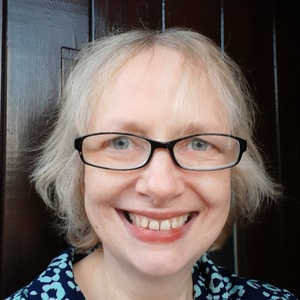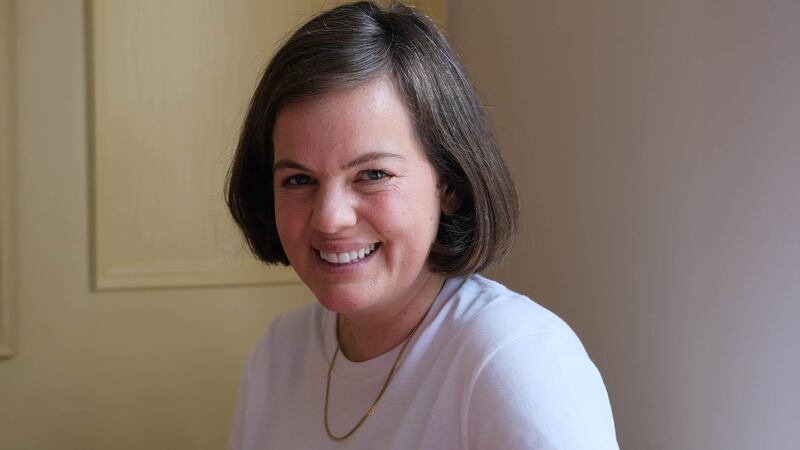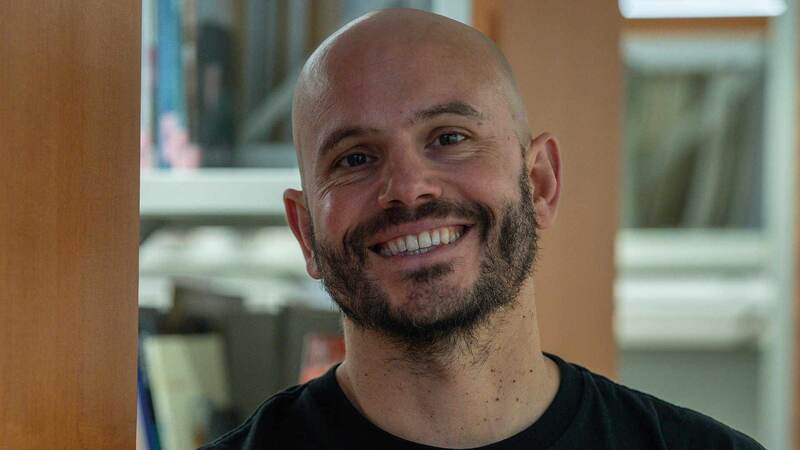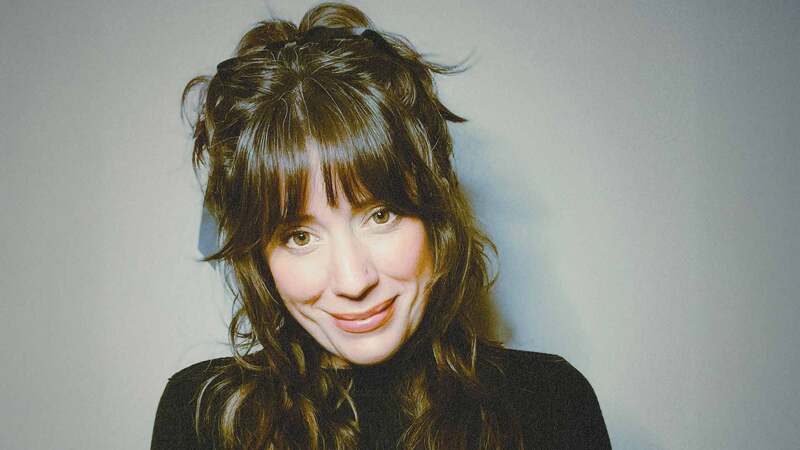You are viewing your 1 free article this month. Login to read more articles.
Nicole Krauss: Losing the plot on purpose
The first novel from New York writer Nicole Krauss to be published in the UK, A History of Love (Viking, 26th May, h/b, £12.99, 0670915548), is sure to make waves both with the media and in the bookshops. Film rights have been bought by Warner Bros, with Alfonso Cuaron down to direct, and then there is the pleasing human interest angle that Krauss is the wife of award-winning novelist Jonathan Safran Foer. (Journalists hoping for insight into life with the Safran Foers will be disappointed. Krauss gently refuses to discuss her marriage in interviews: "It's a place I try not to go to and I think Jonathan will say the same thing").
The novel itself is a delight: a tender, highly original story of loss and love in its many forms, A History of Love exercises a tremendous pull on the reader's emotions and is sure to get word-of-mouth recommendations and interest from literary-minded reading groups.
Leo Gursky, an elderly Polish American immigrant, lives alone and expects to die the same way. Yet he has an extraordinary story behind him--of a love affair during his youth in a Polish village before the Second World War, and of a lost son, now a great novelist. Meanwhile young Alma is trying to mend her widowed mother's broken heart; and there is also the tale of Zvi Litvinoff, a Polish immigrant to Chile, who wrote a mysterious book titled "A History of Love." As the novel develops, all sorts of hidden links between these disparate characters emerge.
Krauss began her writing life as a poet, and perhaps her poet's background explains some of her unorthodox approach to writing the novel. Although readers of A History of Love will be fascinated by its unwinding plot, which keeps its subtle revelations coming right up to the final pages, Krauss explains that she had no pre-determined narrative scheme and, for much of the writing of the book, absolutely no idea where it was heading.
"The book took me about two years to write and for at least the first year of that I had no plot. At first I had Leo's voice, and Alma's, and a little bit of Litvinoff's. I had no idea how the stories of the characters fitted together, but somehow I sensed they did. Many, many times I really felt, 'This is impossible, this book isn't going to work.' But I do think there's something that can be said for instincts that you can't articulate, and I trusted in some deep way that it was going to make a novel.
"It was like making music, where you have a certain melody, and then think, 'Maybe I'll just harmonise with that line,' and then, 'Maybe I'll echo that later.' Then somehow the whole thing has a sense of being held together, just by all the many small echoes and harmonies."
The novel has a feeling of great tenderness and intimacy, which Krauss puts down to the fact that in essence it grew out of the experiences of her family. Of her four geographically scattered grandparents, one left Germany for London days before the outbreak of the Second World War, and one came from the same village in Poland where Leo Gursky grows up in the book. "The novel felt very close to home. Although the characters and situations are not the same as those my family experienced, the way the people in the novel speak is very familiar to me, it's the way people speak in my family; and the things that happen to people in my novel could have happened to my family.
"I found myself in a place where I was asking, 'What is it that I really care about in writing?' When I began [Krauss' first novel was titled Man Comes Into a Room], I thought maybe it was writing well--beautifully, intelligently, wisely. When I started this novel, I felt very certain that what I wanted to do was to move people and be moved myself by what I was writing. As a younger writer, I think I worried that if you wrote in too emotional a way that it would be taken as sentimental, and the last thing in the world I wanted was to be sentimental."
Ultimately, she says, it is a novel about survival and what she calls "honest lying". "My grandparents all have wonderful stories in their lives about how they got to where they got to. They all in different ways are survivors, some of the war and some of other things. I was moved by the way that people need to lie to themselves and the people they love so that they can protect them. The book is filled with that sort of honest lying, honest because it comes from a place of sincerity."
Benedicte Page









